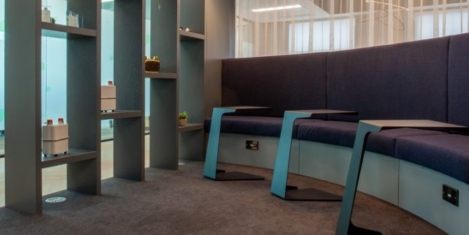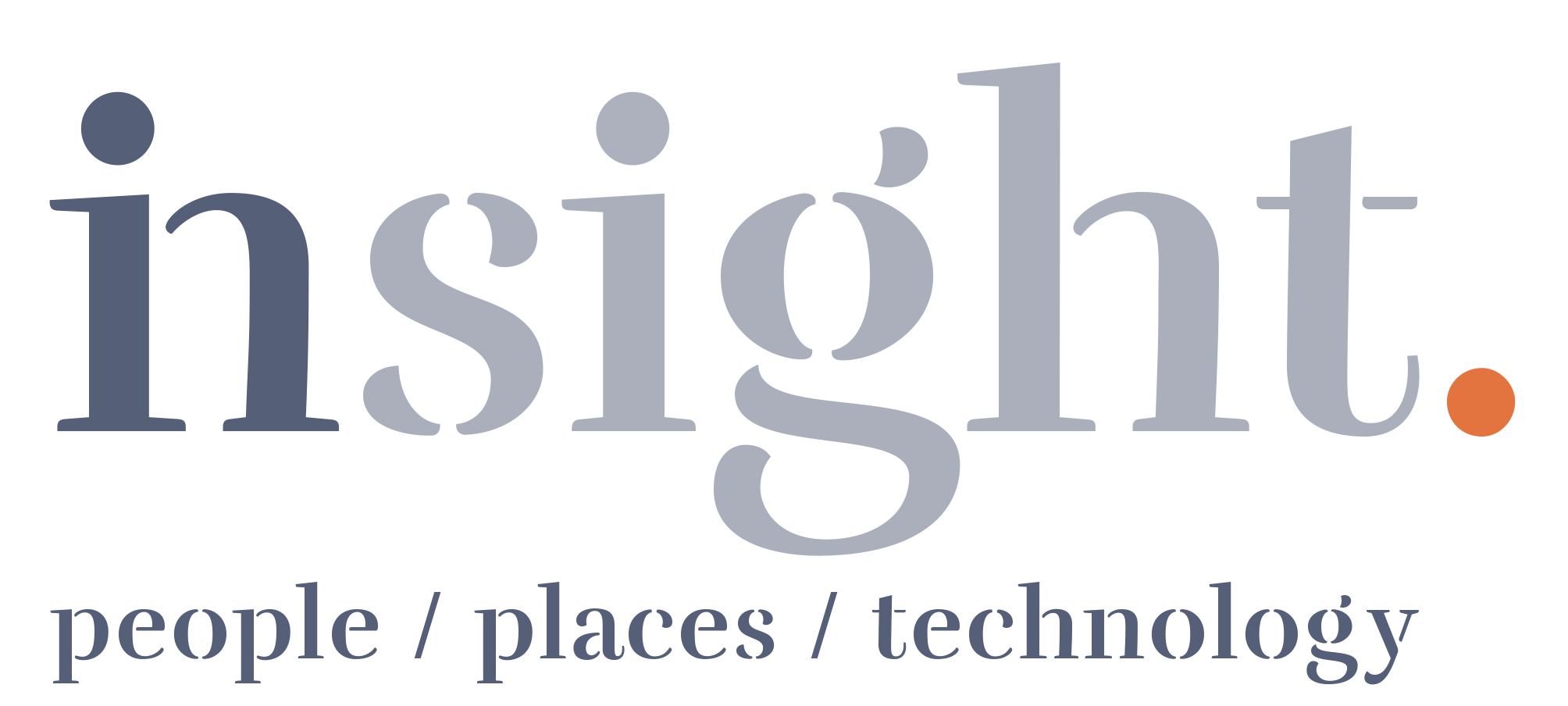June 30, 2022
The fifteen minute city will transform the way we think about workplaces
 For most of history, there have been a small number of immovable truisms that formed the nature of what work is, and how communities form around it. While individuals have long held some agency around the structure and pattern of their work, being present in a communal workplace has been a non-negotiable reality. This need to work from an office comes wed with parallel requirements to help facilitate it. Employees have been willing to strike a compromise between where they wish to live and where they want to work through commutes, with the financial and time cost and associated stress that comes along with it. (more…)
For most of history, there have been a small number of immovable truisms that formed the nature of what work is, and how communities form around it. While individuals have long held some agency around the structure and pattern of their work, being present in a communal workplace has been a non-negotiable reality. This need to work from an office comes wed with parallel requirements to help facilitate it. Employees have been willing to strike a compromise between where they wish to live and where they want to work through commutes, with the financial and time cost and associated stress that comes along with it. (more…)









 A new guide to decarbonising public sector buildings and creating a net zero public estate has been launched by the Cabinet Office. The authors of
A new guide to decarbonising public sector buildings and creating a net zero public estate has been launched by the Cabinet Office. The authors of 
 The debate about the workplace and the future of work gets more interesting by the week. In the last few days alone, I’ve listened in on three great speakers talking about the opportunities, challenges, nuances and complexities of it all in a way that has been all but impossible in the past 18 months. In addition, Nigel Oseland has published
The debate about the workplace and the future of work gets more interesting by the week. In the last few days alone, I’ve listened in on three great speakers talking about the opportunities, challenges, nuances and complexities of it all in a way that has been all but impossible in the past 18 months. In addition, Nigel Oseland has published 
 Following the sobering message from the
Following the sobering message from the 
 Major UK employers plan to reduce their office space by up to nine million square feet, equivalent to 14 Walkie Talkie buildings – the 37 floor high rise on London’s Fenchurch Street – according to
Major UK employers plan to reduce their office space by up to nine million square feet, equivalent to 14 Walkie Talkie buildings – the 37 floor high rise on London’s Fenchurch Street – according to 
 New data from real estate consultancy
New data from real estate consultancy 
 Supported by its Green Building Councils and their members, the
Supported by its Green Building Councils and their members, the 














April 28, 2022
We need to seize the chance to make our buildings far more intelligent
by William Poole-Wilson • Comment, Environment, Property, Workplace design